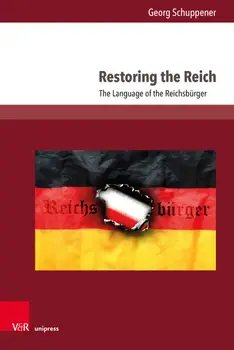The Reichsbürger movement is – at least in terms of public awareness – a rather recent political phenomenon, even though its roots go back at least as far as the 1970s. This volume is the first to focus on the linguistic specifics of the Reichsbürger movement. Adopting a politolinguistic perspective, it analyses the peculiarities and strategies evident in the self-presentation and, especially, in the propaganda of the Reichsbürger. Central aspects of the Reichsbürger worldview are analysed and deconstructed with regard to their linguistic representation. These include, for instance, messages relating to violence, war discourses, conspiracy theories and pseudo-religious references, which are used in the scene to justify their fundamental rejection of the social and political reality of the Federal Republic of Germany. The study pays particular attention to the linguistic expression of Reichsbürger identity, not only looking at the self-presentation of Reichsbürger, but also at how and with which linguistic means they attempt to obstruct state institutions and representatives.
Commencez ce livre dès aujourd’hui pour 0 €
- Accédez à tous les livres de l'app pendant la période d'essai
- Sans engagement, annulez à tout moment
Auteur(e) :
Série :
Tome 12 dans Fields of Linguistics – Aktuelle Fragestellungen und HerausforderungenLangue :
anglais
Format :
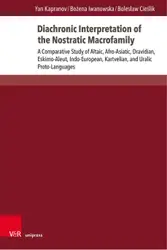
Diachronic Interpretation of the Nostratic Macrofamily : A Comparative Study of Altaic, Afro-Asiatic, Dravidian, Eskimo-Aleut, Indo-European, Kartvelian, and Uralic Proto-Languages
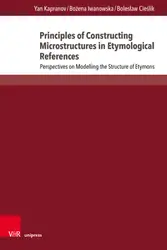
Principles of Constructing Microstructures in Etymological References : Perspectives on Modelling the Structure of Etymons
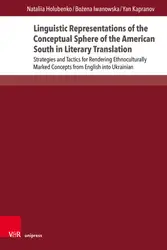
Linguistic Representations of the Conceptual Sphere of the American South in Literary Translation : Strategies and Tactics for Rendering Ethnoculturally Marked Concepts from English into Ukrainian
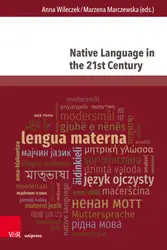
Native Language in the 21st Century : System, Communication Practices and Education
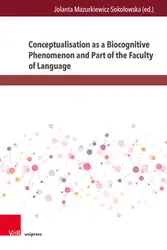
Conceptualisation as a Biocognitive Phenomenon and Part of the Faculty of Language : Cross-linguistic Evidence from the Preposition Category

From Words to Fixed Expressions : Lexical Studies of Selected Indo-European Languages
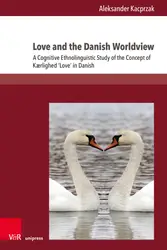
Love and the Danish Worldview : A Cognitive Ethnolinguistic Study of the Concept of Kærlighed 'Love' in Danish
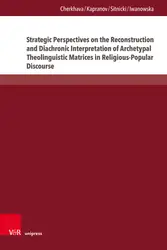
Strategic Perspectives on the Reconstruction and Diachronic Interpretation of Archetypal Theolinguistic Matrices in Religious-Popular Discourse
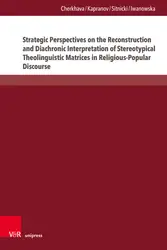
Strategic Perspectives on the Reconstruction and Diachronic Interpretation of Stereotypical Theolinguistic Matrices in Religious-Popular Discourse
